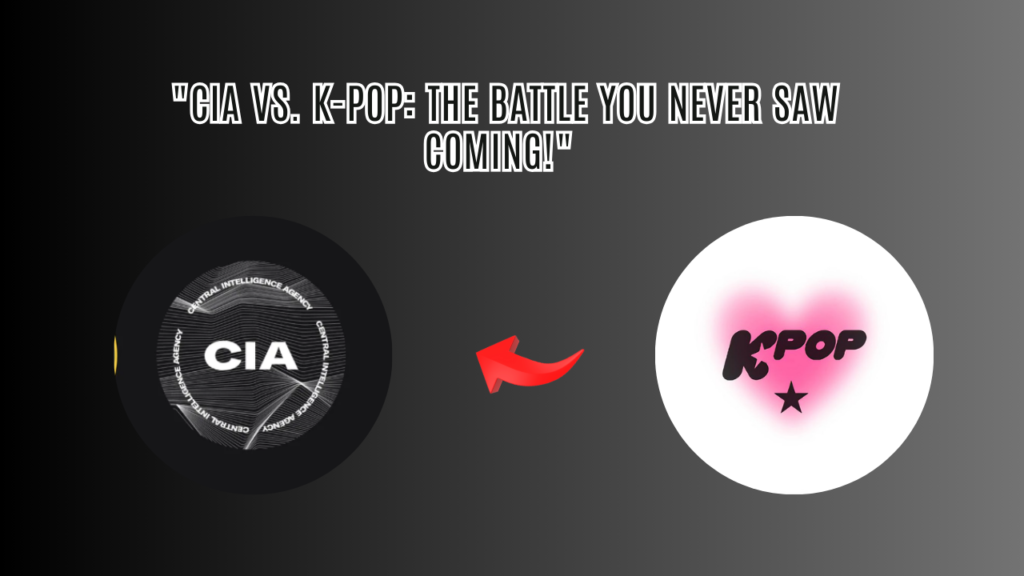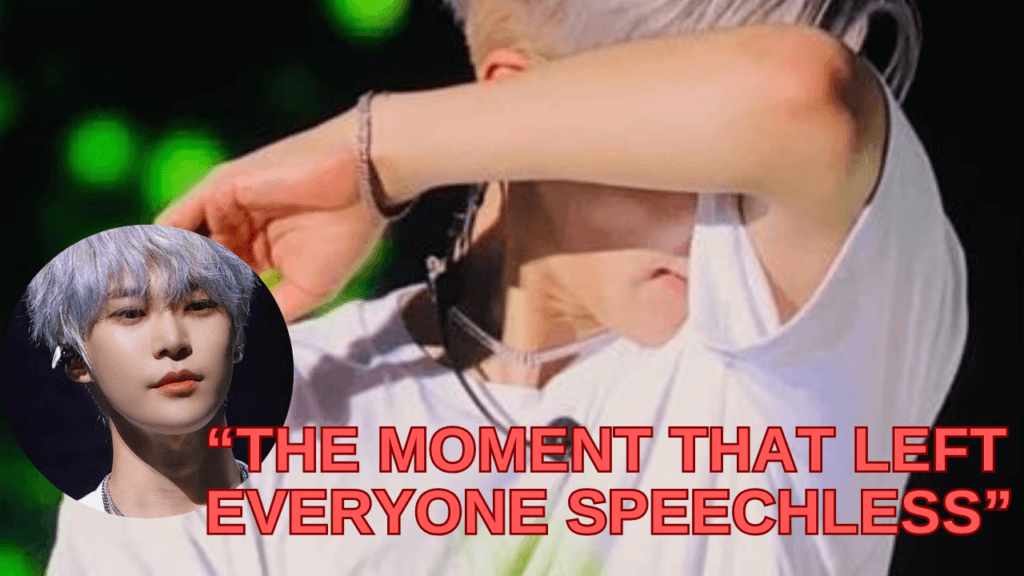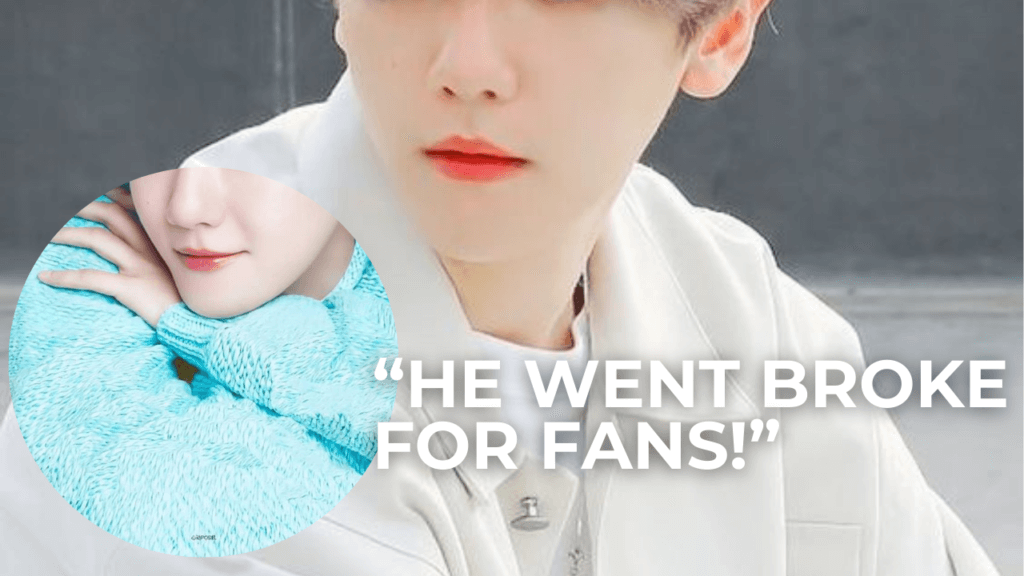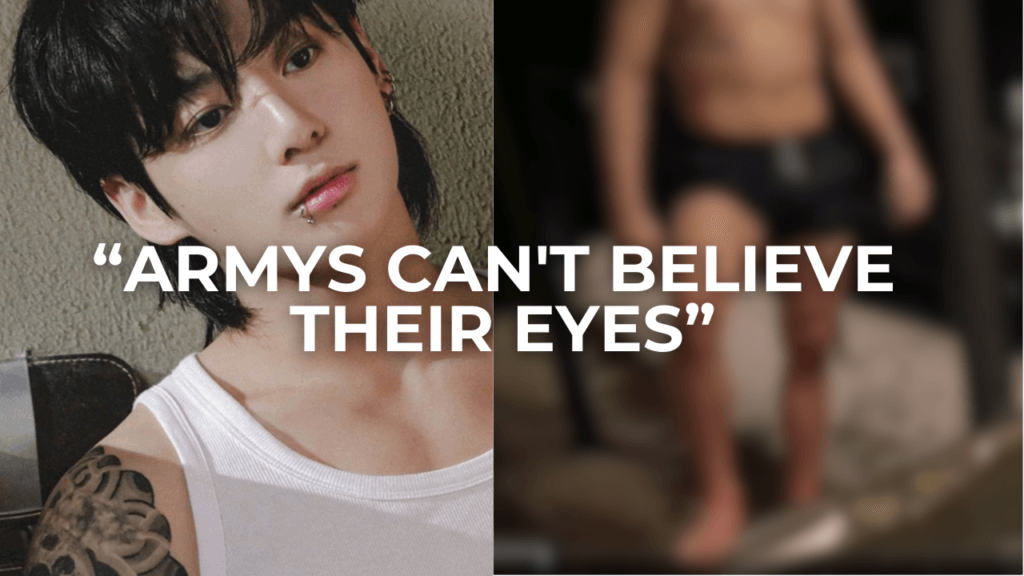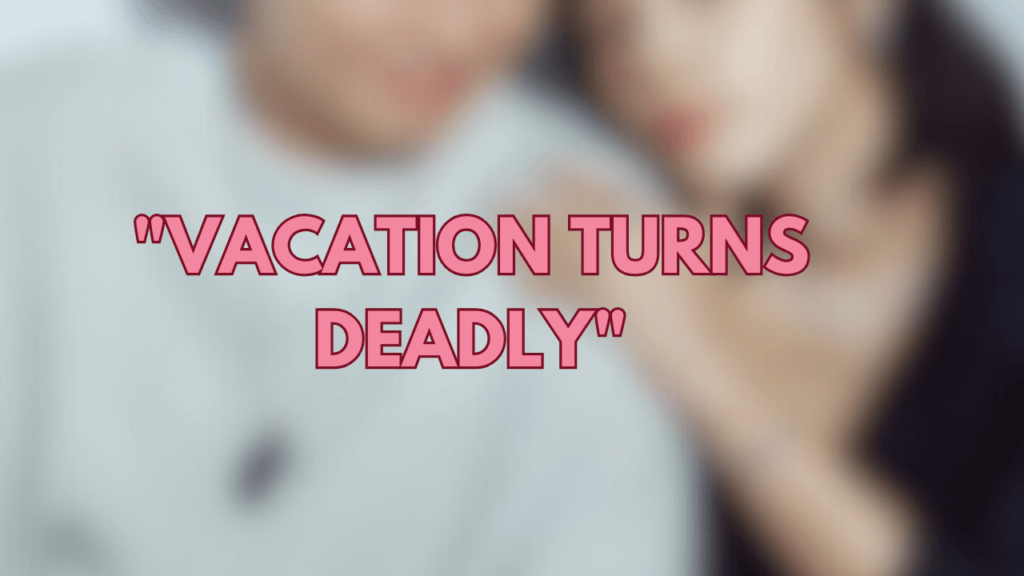IU CIA Report Threats Ignite Fan Support
IU, the beloved Korean singer, recently found herself at the center of a political storm that quickly escalated into an international controversy. The IU CIA report threats emerged after she showed support for protesters calling for President Yoon Suk Yeol’s impeachment. This bold move by the popular artist sparked a fierce backlash from some quarters, leading to an unexpected turn of events that highlighted the volatile intersection of entertainment and politics in South Korea.
Haters’ Desperate Measures and Misguided Threats
In a shocking twist, some detractors attempted to report IU to the CIA, claiming her support for the impeachment was tantamount to endorsing communism. These haters based their accusations on President Yoon’s assertion that he was protecting the country from “communist forces.” This misguided attempt to involve a foreign intelligence agency in a domestic political dispute showcased the extreme lengths some were willing to go to silence a dissenting voice.
One particularly alarming hate comment read, “IU, I heard that if you get reported to the CIA many times, you can’t enter the U.S.” This threat aimed to intimidate the singer and potentially harm her international career prospects. However, the attempt backfired spectacularly, revealing a fundamental misunderstanding of both international relations and the role of intelligence agencies.
See also: Stray Kids GIANT Wordplay Showcases Creative Musical Genius
The incident raises important questions about the spread of misinformation and the potential for online threats to escalate into real-world consequences. It also highlights the need for better education about political processes and the dangers of conflating disagreement with disloyalty or subversion.
Korean Netizens Rally Behind IU
The IU CIA report threats didn’t go unnoticed by her loyal fanbase. Korean netizens quickly mobilized to defend their beloved star, demonstrating the power of fan communities in the digital age. They flooded her Instagram with supportive messages and likes, effectively countering the wave of negativity with an outpouring of love and solidarity.
One fan commented, “I went to her Instagram to leave good comments and likes.” This simple act of support, multiplied across thousands of fans, created a powerful shield against the hate. Another supporter expressed disbelief at the haters’ tactics, stating, “Seeing them bullsh*t about reporting her to the CIA makes me think they’re not in the right mind.”
See also: Amber Liu TikTok Livestream Sparks Fan Debate
This rapid and overwhelming response from IU’s fans showcases the potential for positive action in online communities. It serves as a reminder that while the internet can be a breeding ground for negativity, it can also be a powerful tool for mobilizing support and countering harassment.
Legal Consequences and the Broader Implications
Amidst the controversy, rumors circulated that IU was taking legal action against her detractors. This potential move signals a growing trend of celebrities fighting back against online harassment and defamation. Fans expressed hope that those responsible for the malicious comments would face consequences, with one netizen commenting, “IU is also suing people, right? Hope they get slapped with hefty fines to cure them.”
This potential legal action serves as a reminder that online harassment can have real-world repercussions. It highlights the importance of responsible social media use and the need to respect differing political views, even in heated debates. The incident also raises questions about the limits of free speech in the digital age and the responsibilities that come with having a public platform.
The Intersection of Celebrity and Politics
The IU CIA report threats incident sheds light on the complex relationship between entertainment and politics in South Korea. It demonstrates how celebrities, whether intentionally or not, can become powerful political voices simply by expressing their views. This incident has sparked a broader debate about the role of public figures in political discourse and the potential consequences they face for speaking out.
As the lines between entertainment and politics continue to blur, it becomes increasingly important to consider how we as a society handle disagreements and protect the right to free expression. The IU controversy serves as a case study in the potential pitfalls and opportunities that arise when celebrities engage in political discourse.
In conclusion, the IU CIA report threats reveal deeper issues about online behavior, political discourse, and the power of fan communities. It raises important questions about the responsibilities of public figures and the limits of free speech in the digital age. As we move forward, it’s crucial to find ways to engage in political discussions respectfully and productively, even when we disagree. What are your thoughts on this controversy? Should celebrities be free to express their political views without fear of retaliation, or should they remain neutral on such matters?

